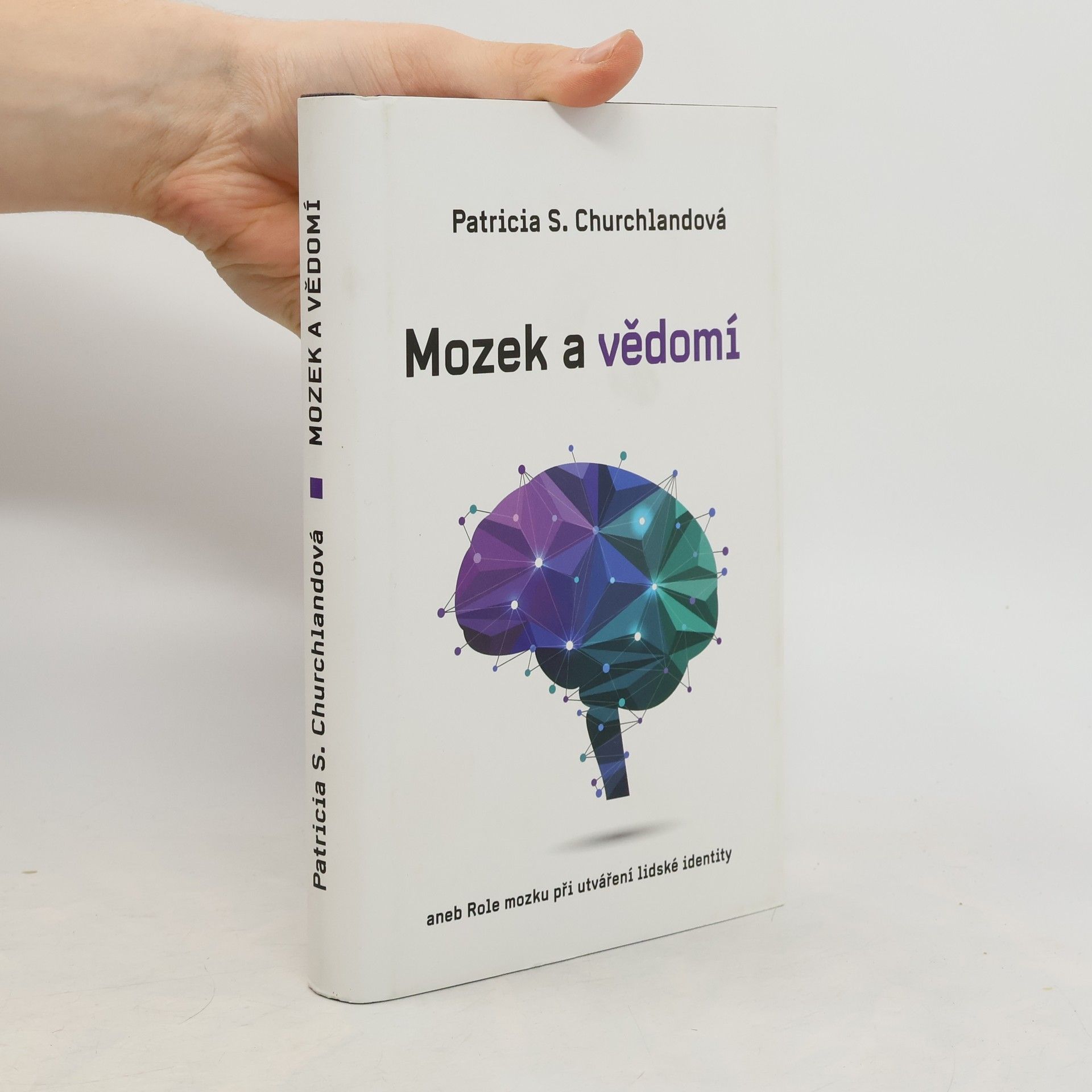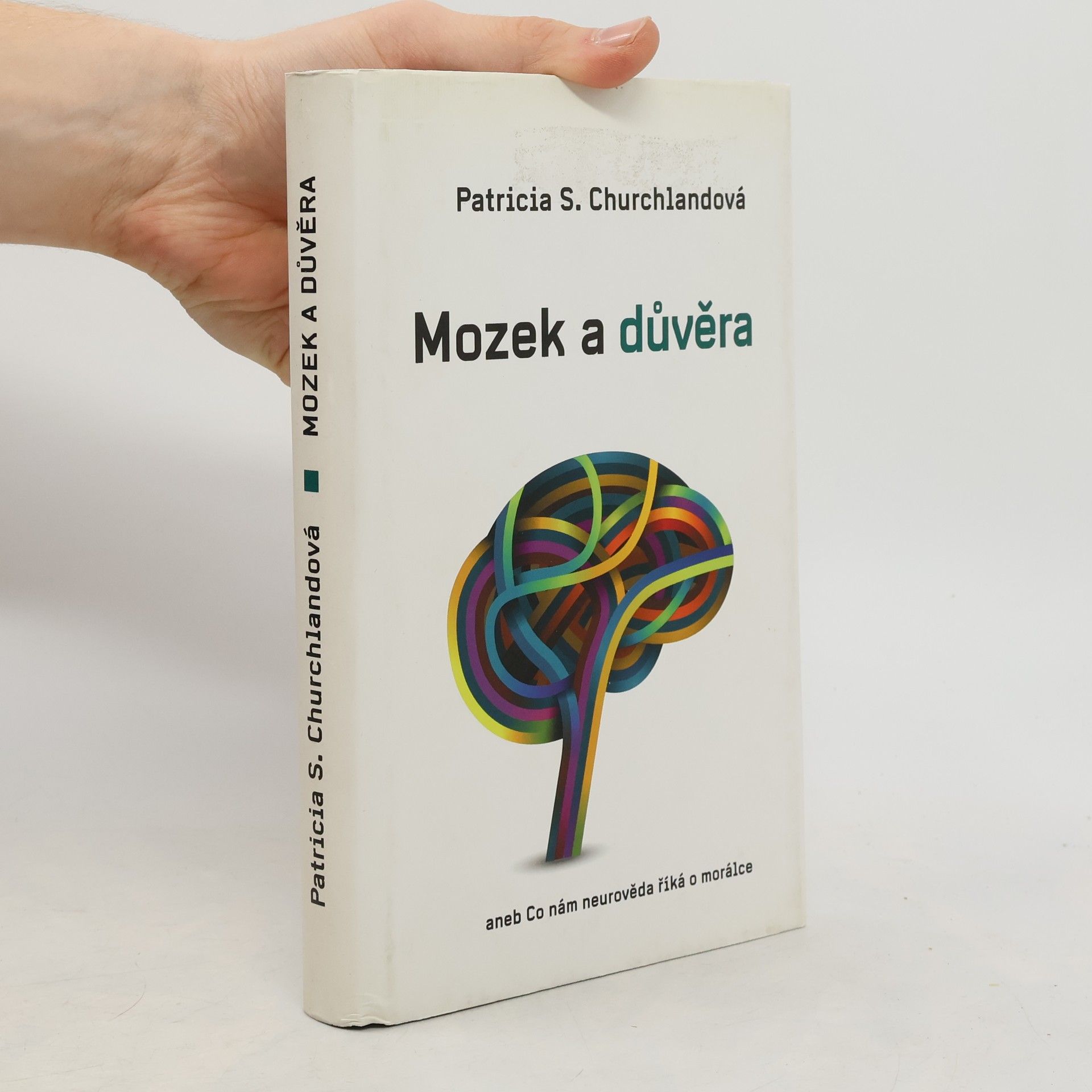Exploring the intersection of neurobiology and philosophy, Patricia S. Churchland examines the universal presence of behavioral ideals across diverse cultures. She investigates the evolutionary underpinnings of our brain's capacity for bonding and empathy, while also addressing how moral values are passed down through generations. By combining insights from nature and nurture, Churchland sheds light on the foundational role of morality in societal structures, revealing its significance in shaping human interactions and community dynamics.
Patricia Smith Churchland Volgorde van de boeken (chronologisch)
Patricia Smith Churchland verkent de intersectie van neurowetenschappen en filosofie, en stelt dat begrip van het brein cruciaal is voor het begrijpen van de geest. Haar werk is geassocieerd met het eliminatief materialisme, dat stelt dat gangbare psychologische concepten zullen worden vervangen door wetenschappelijke inzichten in hersenfuncties. Geworteld in naturalisme en wetenschappelijk onderzoek, onderzoekt haar recente focus op neuro-ethiek keuze, verantwoordelijkheid en moraliteit door de lens van hersenfunctie, evolutie en culturele interactie. Churchland staat erom bekend haar filosofische principes toe te passen in het dagelijks leven, waarbij ze haar innerlijke toestanden beschrijft met precieze neurochemische terminologie.

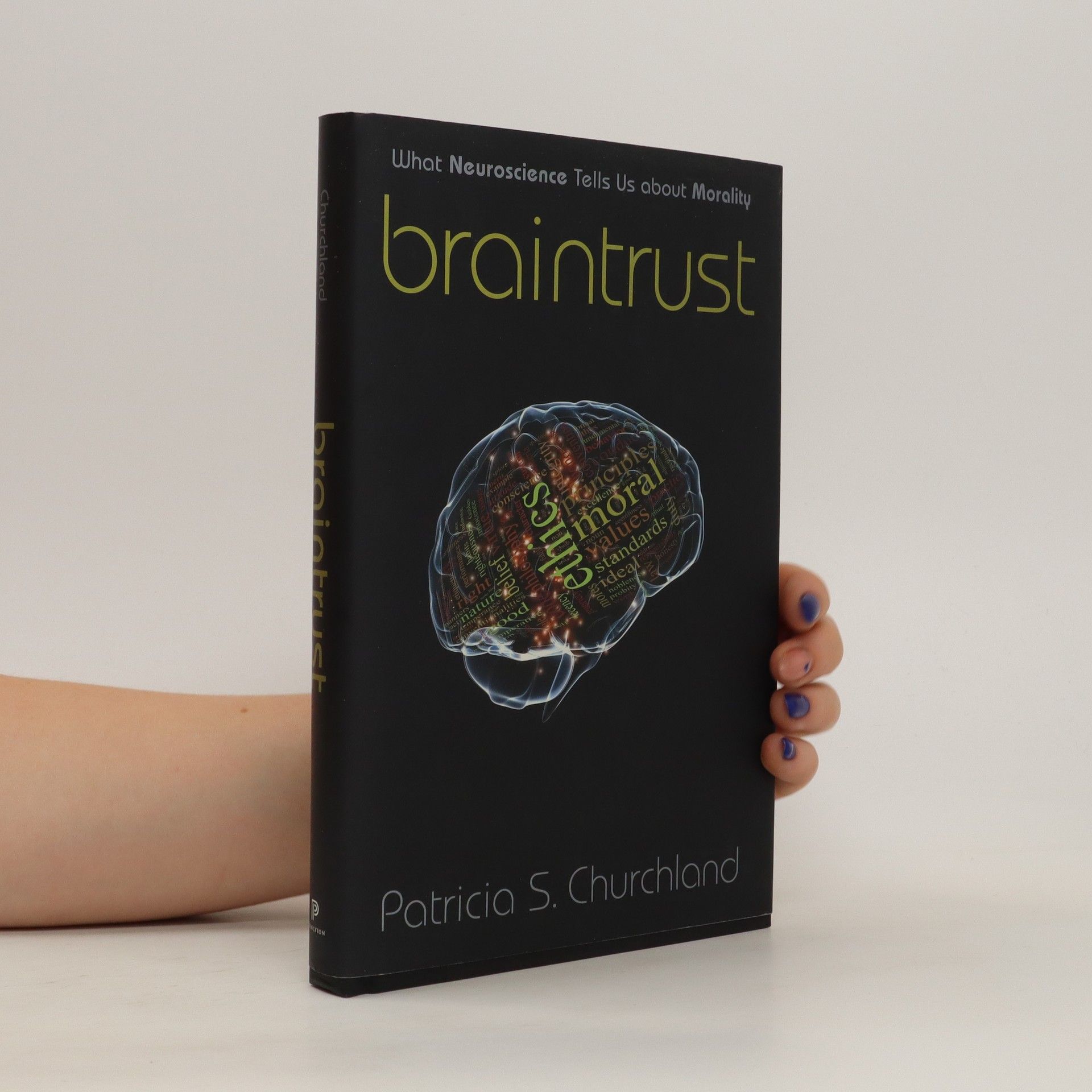
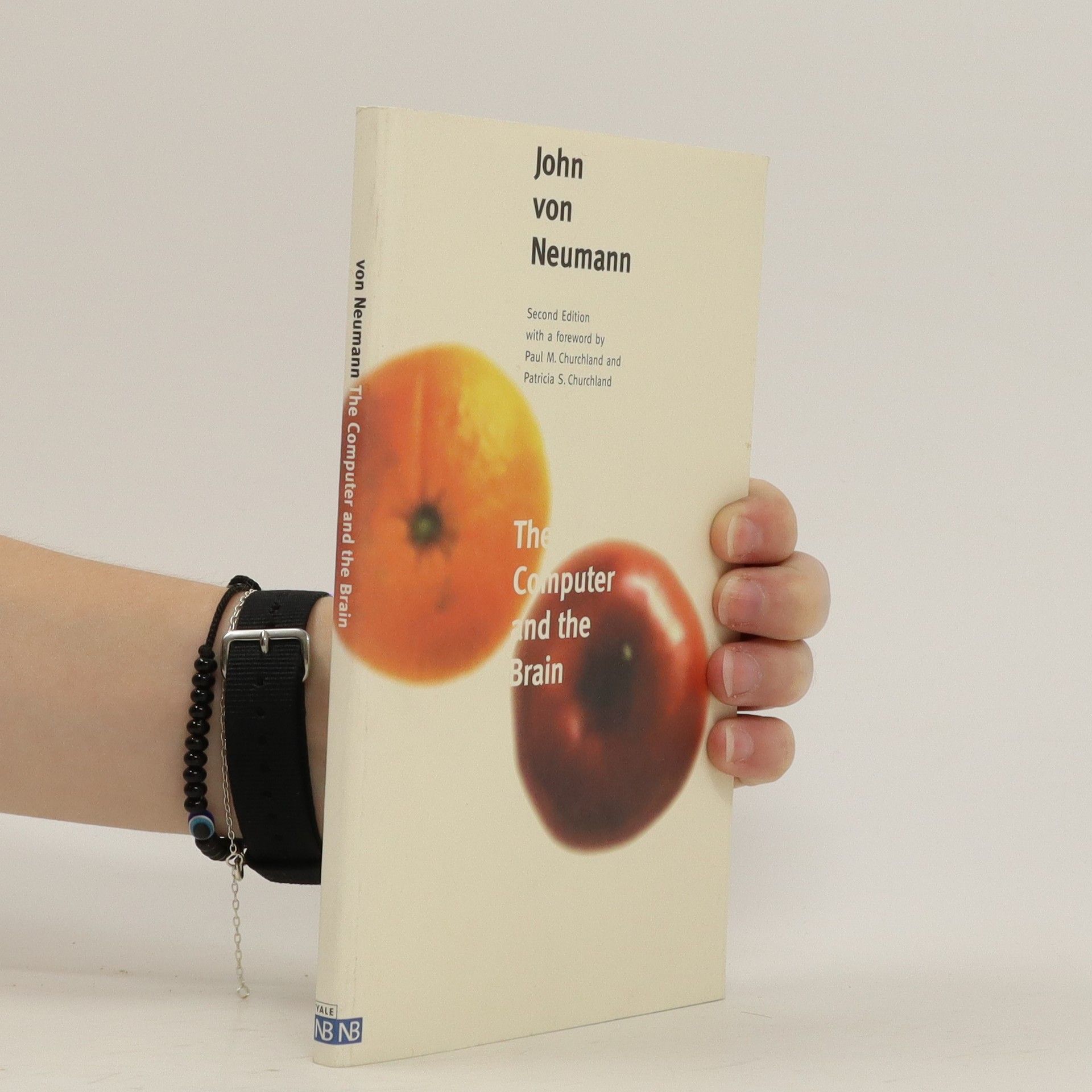
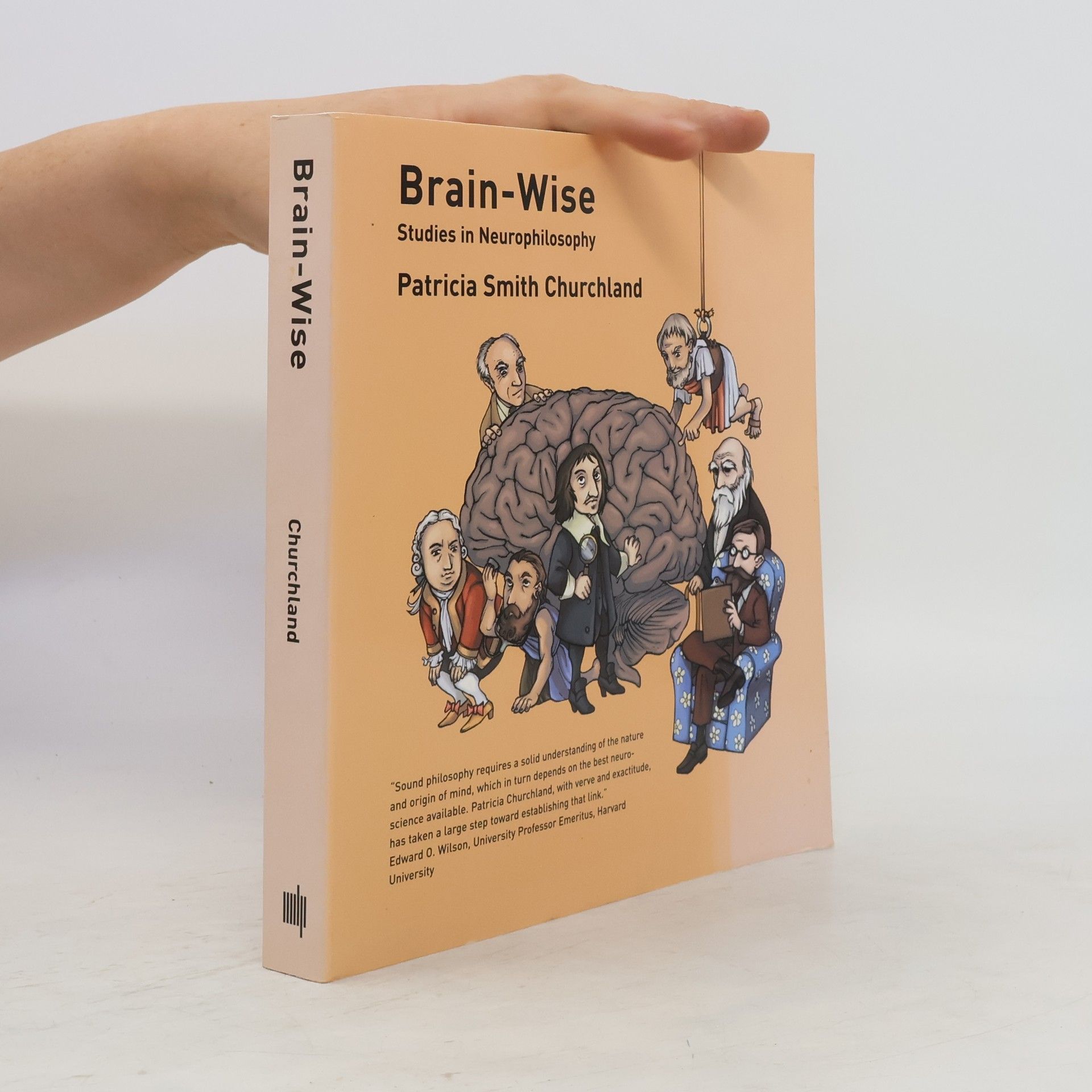
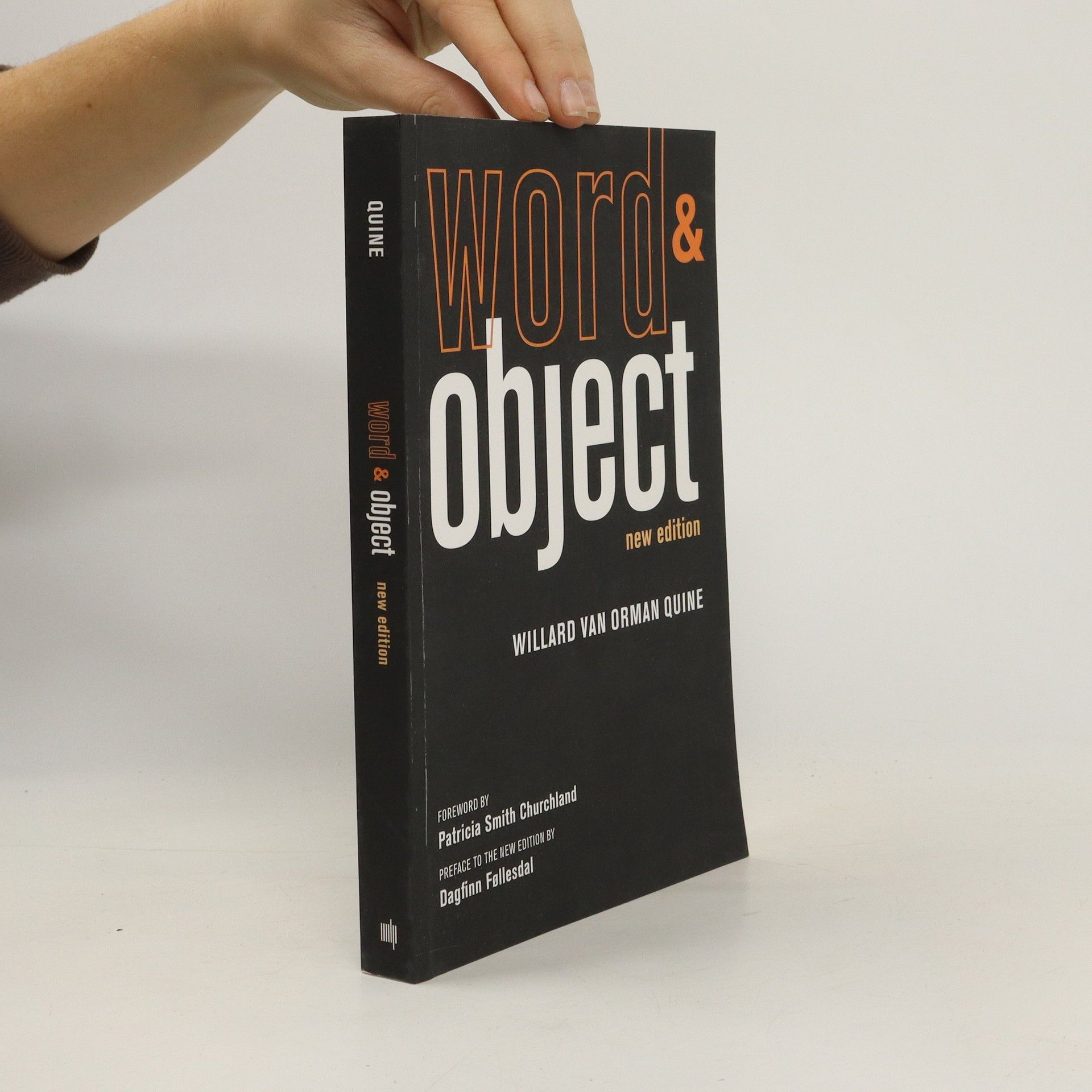
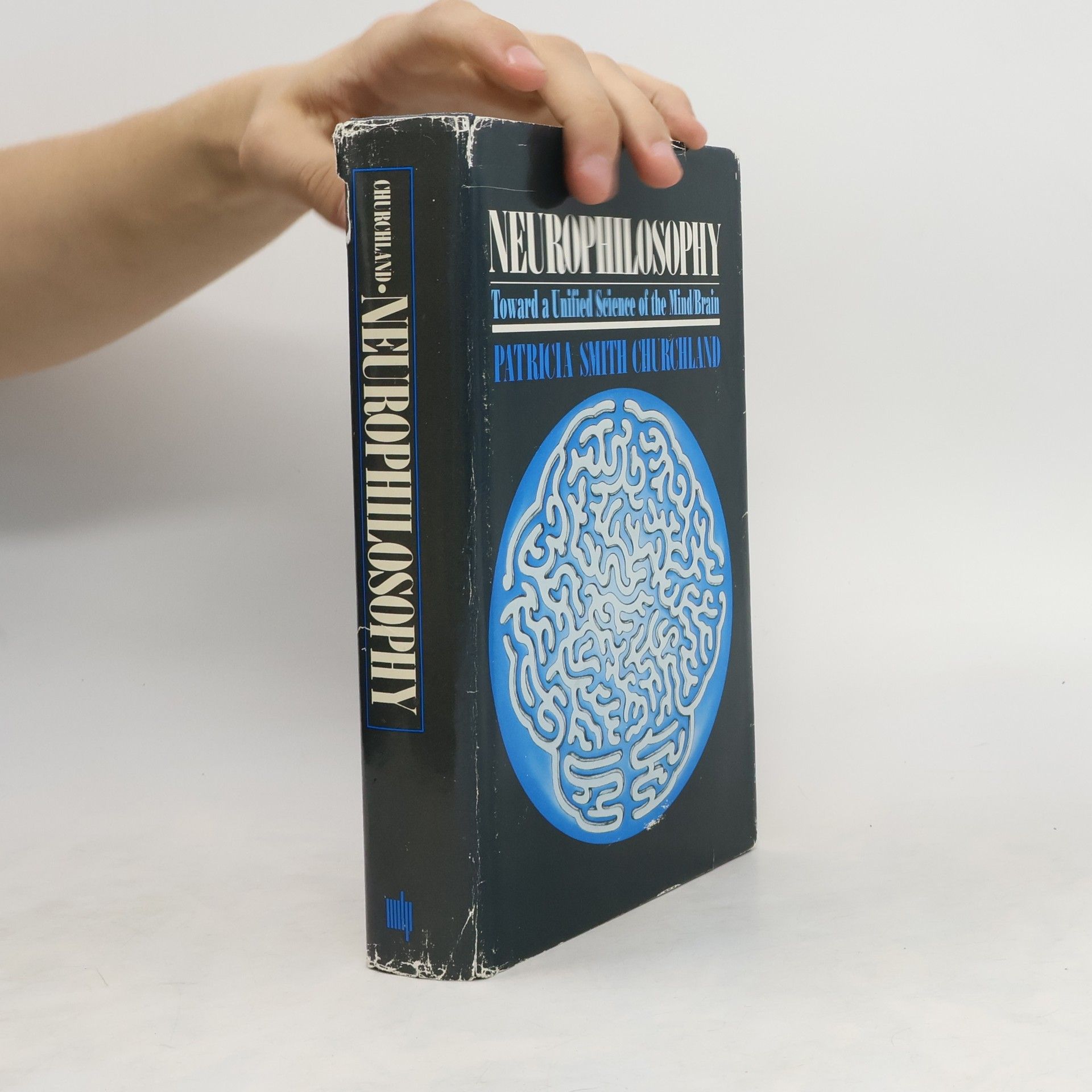
Mozek a vědomí aneb Role mozku ve vzniku lidské identity
- 248bladzijden
- 9 uur lezen
Co se stane, když přijmeme jako fakt, že vše, co si myslíme a cítíme, nevychází z nehmotné duše, ale z elektrochemické aktivity našeho mozku? V tomto inspirativním příběhu založeném na vědeckých poznatcích i osobních zkušenostech staví průkopnice neurofilozofie Patricia S. Churchlandová filozofii mysli na biologické základy. Nabízí jasné vysvětlení neuronálních mechanismů v pozadí lidské identity a ukazuje, jak nejnovější výzkumy vědomí, paměti a svobody vůle poskytují nový pohled na prastaré filozofické, etické a duchovní otázky: Co formuje naši osobnost? Jak vysvětlíme zážitky blízkosti smrti? Jak se rozhodujeme? Proč máme empatii? Nové vědecké objevy také přinášejí vhled do fascinující škály každodenních dilemat – například zda je možné přisuzovat mladistvým zodpovědnost za jejich činy nebo zda má pacient v kómatu ještě nějaké Já. Pochopení, že náš mozek je základem naší identity, nás vysvobozuje z pout pověr a mýtů. Umožňuje nám brát se vážně jako produkty evolučních mechanismů, minulých zkušeností a společenských vlivů. Také nám dává naději, že budeme moci vyléčit některé vážné choroby, a pokud ne, alespoň je dokážeme se soucitem pochopit.
Mozek a důvěra
- 264bladzijden
- 10 uur lezen
Kniha Mozek a důvěra přináší zcela nové vysvětlení základů morálky, což nás nutí znovu promyslet původ jedné z našich nejuctívanějších hodnot. Průkopnice neurofilozofie Patricia Churchlandová ukazuje, že morálka má původ v biologii mozku. V evoluci vyvinutá struktura, procesy a chemie mozku motivují člověka k tomu, aby dbal nejen o svůj život a potřeby, ale také o blahobyt svých blízkých - nejprve potomků, následně svých partnerů, příbuzných a teprve pak dalších lidí. Odloučení a vyloučení ze skupiny způsobují jedincům bolest, společnost druhých naopak přináší potěšení. Výsledky vědeckého bádání nám nyní ukazují, že bude nutné přehodnotit priority, které při vysvětlování původu morálky dáváme náboženství, absolutním pravidlům a čistému rozumu. Odkud se tedy berou lidské hodnoty? Jak se přihodilo, že našemu mozku začalo záležet na ostatních? Jestliže mi geny nastaví mozek tak, aby zajišťoval, že zůstanu naživu, zplodím potomstvo, a předám tak tytéž geny dál, jak jej mohou zároveň nastavit tak, aby mu záleželo i na ostatních? Jsou morální hodnoty ryze lidským specifikem, nebo je možné tvrdit, že morálku mají i zvířata? Na tyto a mnohé další otázky se Churchlandová snaží odpovědět. Krátce po svém vydání kniha získala nejvyšší ocenění v oboru biologických věd, biomedicíny a neurovědy udělované Asociací amerických nakladatelů.
Touching a Nerve
- 304bladzijden
- 11 uur lezen
In this thought-provoking narrative - drawn from professional expertise and personal experience - trailblazing neurophilosopher Patricia S. Churchland lucidly explains the latest brain science and explores its ethical and philosophical implications for our understanding of identity, consciousness, memory, and free will
Word and object
- 312bladzijden
- 11 uur lezen
A new edition of Quine's most important work. Willard Van Orman Quine begins this influential work by declaring, "Language is a social art. In acquiring it we have to depend entirely on intersubjectively available cues as to what to say and when." As Patricia Smith Churchland notes in her foreword to this new edition, with Word and Object Quine challenged the tradition of conceptual analysis as a way of advancing knowledge. The book signaled twentieth-century philosophy's turn away from metaphysics and what Churchland calls the "phony precision" of conceptual analysis. In the course of his discussion of meaning and the linguistic mechanisms of objective reference, Quine considers the indeterminacy of translation, brings to light the anomalies and conflicts implicit in our language's referential apparatus, clarifies semantic problems connected with the imputation of existence, and marshals reasons for admitting or repudiating each of various categories of supposed objects. In addition to Churchland's foreword, this edition offers a new preface by Quine's student and colleague Dagfinn Follesdal that describes the never-realized plans for a second edition of Word and Object, in which Quine would offer a more unified treatment of the public nature of meaning, modalities, and propositional attitudes.
Braintrust : what neuroscience tells us about morality
- 273bladzijden
- 10 uur lezen
What is morality, and where does it come from? In this thought-provoking exploration, neurophilosophy pioneer Patricia Churchland posits that morality is rooted in the biology of the brain. She presents the "neurobiological platform of bonding," shaped by evolutionary pressures and cultural influences, which has led to diverse human moral behaviors. This perspective invites a reevaluation of the emphasis placed on religion, absolute rules, and pure reason in understanding morality's foundation. Churchland argues that moral values stem from a behavior inherent to all mammals: caring for offspring. The brain's evolved structure and chemistry guide humans not only toward self-preservation but also toward the well-being of others—first offspring, then mates and kin, expanding outward in "caring" circles. Experiences of separation cause pain, while the presence of loved ones brings pleasure, prompting the brain to adapt to social customs. This process shapes caring, conscience, and moral intuitions. Central to this narrative is oxytocin, a molecule that reduces stress and fosters trust, essential for forming close relationships and moral frameworks. This account challenges us to rethink the origins of our most cherished values.
Progress in the neurosciences is profoundly changing our conception of ourselves. Contrary to time-honored intuition, the mind turns out to be a complex of brain functions. And contrary to the wishful thinking of some philosophers, there is no stemming the revolutionary impact that brain research will have on our understanding of how the mind works. Brain-Wise is the sequel to Patricia Smith Churchland's Neurophilosophy, the book that launched a subfield. In a clear, conversational manner, this book examines old questions about the nature of the mind within the new framework of the brain sciences. What, it asks, is the neurobiological basis of consciousness, the self, and free choice? How does the brain learn about the external world and about its own introspective world? What can neurophilosophy tell us about the basis and significance of religious and moral experiences? Drawing on results from research at the neuronal, neurochemical, system, and whole-brain levels, the book gives an up-to-date perspective on the state of neurophilosophy—what we know, what we do not know, and where things may go from here.
The Computer and the Brain
- 112bladzijden
- 4 uur lezen
This book represents the views of one of the greatest mathematicians of the twentieth century on the analogies between computing machines and the living human brain. John von Neumann concludes that the brain operates in part digitally, in part analogically, but uses a peculiar statistical language unlike that employed in the operation of man-made computers. This edition includes a new foreword by two eminent figures in the fields of philosophy, neuroscience, and consciousness.
Grundlagen zur Neuroinformatik und Neurobiologie
- 702bladzijden
- 25 uur lezen
Das außergewöhnliche Buch über vergleichende Forschung zwischen menschlichem Gehirn und moderner Computertechnologie liegt nun erstmals in deutscher Sprache vor. Geschrieben von einem führenden Forscherteam aus den USA, bietet es eine umfassende Übersicht über den aktuellen Stand der Wissenschaft in diesem Bereich. Die Autoren verknüpfen Neuroinformatik und Neurobiologie geschickt mit anschaulichen Beispielen und fundierter Hintergrundinformation. Dadurch wird das Werk sowohl für Fachwissenschaftler als auch für interdisziplinär interessierte Informatiker und Biologen äußerst wertvoll. Übersetzt von einem Informatiker und einer Biologin, wird die Verbindung von Neurobiologie und Neuroinformatik in diesem Buch auf einzigartige Weise thematisiert. Die 1992 erschienene amerikanische Originalausgabe hat sich als so erfolgreich erwiesen, dass sie mittlerweile als Klassiker gilt. Es wird empfohlen, da es die Faszination theoretischer Hirnforschung vermittelt, die zunehmend mehr Wissenschaftler in Deutschland anzieht. Das Buch ist somit eine unverzichtbare Ressource für alle, die sich für die Schnittstellen von Neurowissenschaft und Informatik interessieren.
Neurophilosophy
Toward a Unified Science of the Mind-brain
Five chapters in the book's first part, "Some Elementary Neuroscience," sketch the history of the science of nervous systems and provide a general introduction to neurophysiology, neuroanatomy, and neuropsychology. In the second part, "Recent Developments in the Philosophy of Science," chapters place the mind-body problem within the wider context of the philosophy of science. Drawing on recent research in this area, a general account of intertheoretic reduction is explained, arguments for a reductionist strategy are developed, and traditional objections from dualists and other antireductionists are answered in novel ways. The third part, "A Neurophilosophical Perspective," concludes the book with a presentation and discussion of some of the most promising theoretical developments currently under exploration in functional neurobiology and in the connectionist models within artificial intelligence research.
